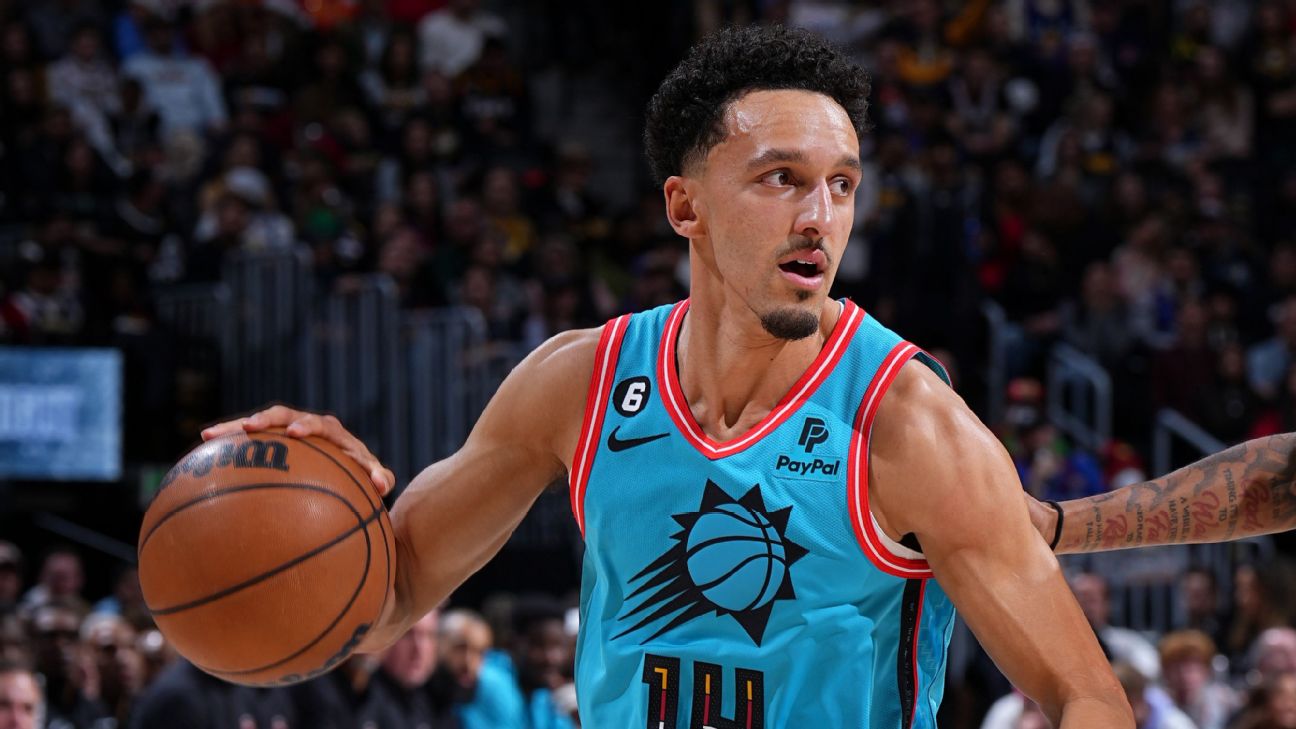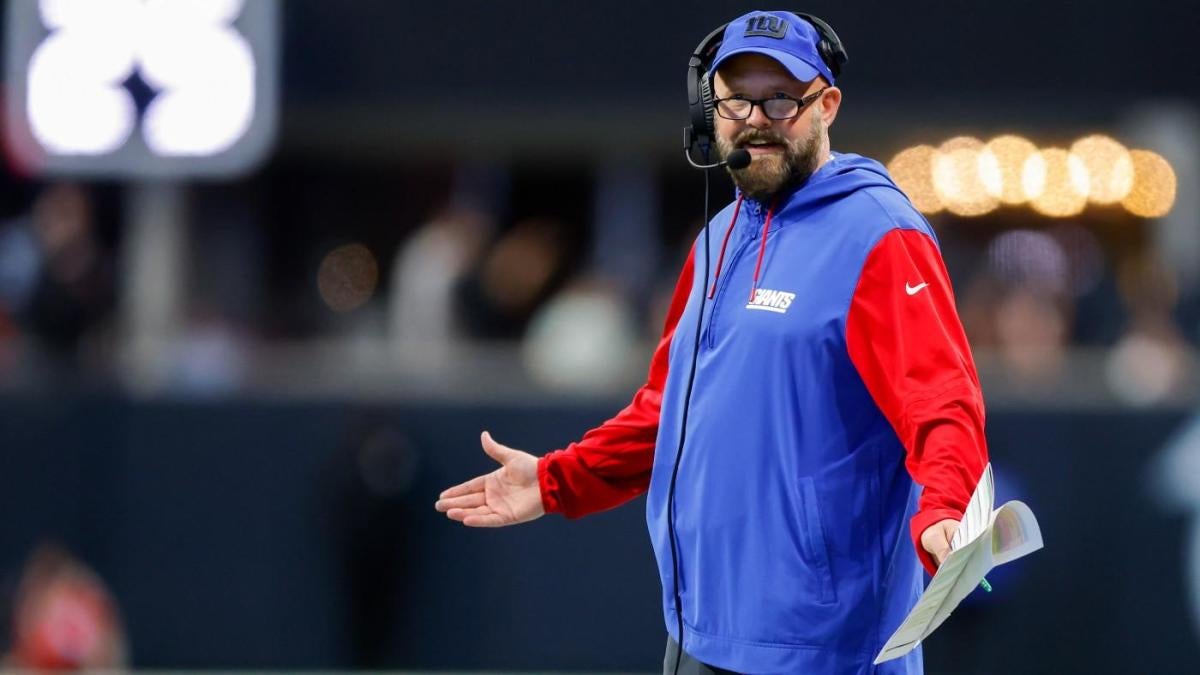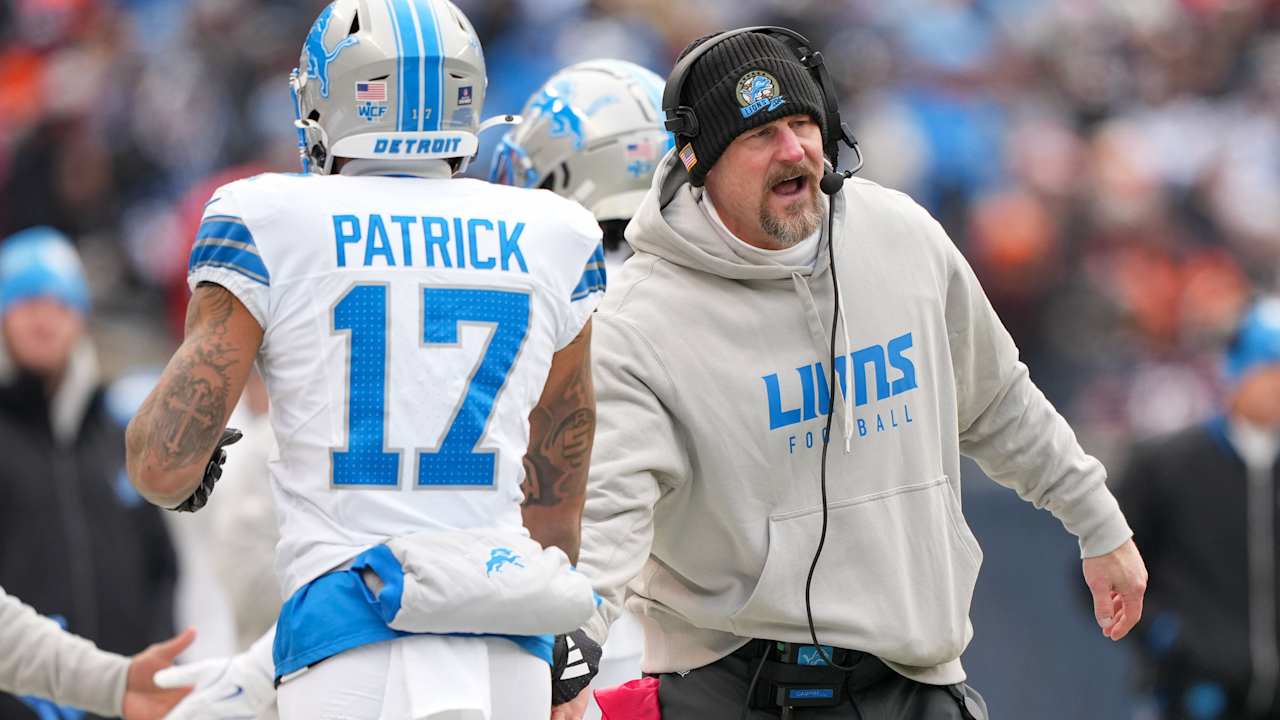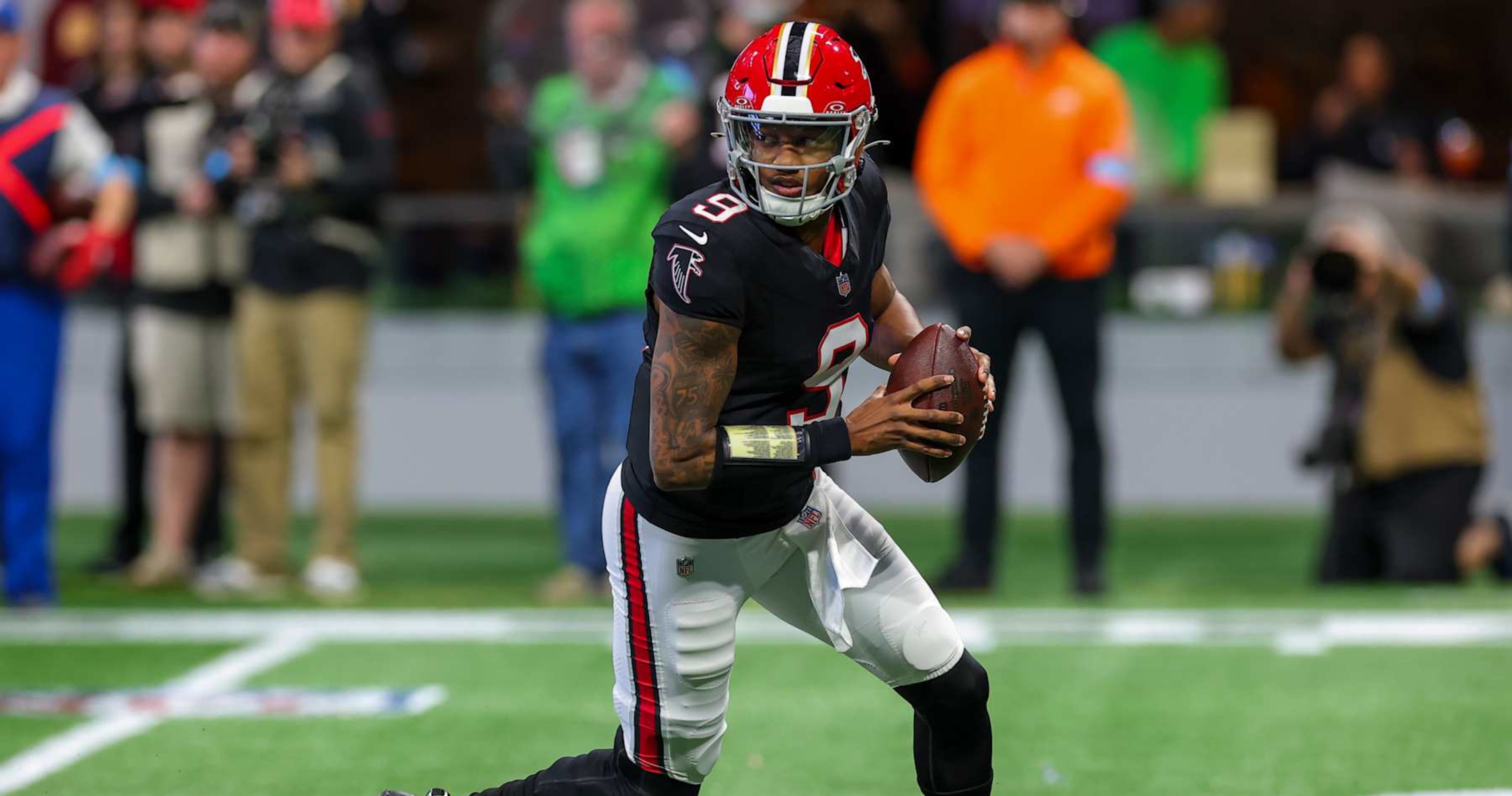Sports
Jessica Pegula uses stirring comeback to reach US Open final

It won’t be an All-American women’s final Saturday at the U.S Open. But Jessica Pegula is looking to make it a perfect American day.
The Buffalo-born Pegula stormed back for a come-from-behind 1-6, 6-4, 6-2 semifinal rally Thursday night against Karolina Muchova to earn her first Slam final.
“It’s amazing. It’s a childhood dream. It’s what I wanted when I was a kid,” Pegula said. “It’d mean the world to me [to win], obviously. I’m just happy to be in a final. But obviously, I come here to want to win the title.
“If you would’ve told me at the beginning of the year I’d be in the finals of the U.S. Open, I would’ve laughed so hard because that just was where my head was. [I] was not thinking that I’d be here. So to be able to overcome all those challenges and say I get a chance at the title Saturday is what we play for, let alone being able to do that in my home country here, in my home Slam. It’s perfect, really.”
Thanks to her fightback, she’s 15-1 since the Olympics.
That one loss?
A 3-6, 5-7 defeat in the Cincinnati final against Saturday foe Aryna Sabalenka, who ended Manhattan-born Emma Navarro’s run with a powerful 6-3, 7-6(2) win earlier Thursday.
“My mental toughness just got so much better,” Pegula said. “Once you start winning … you have this belief in yourself that you can win in tough moments and you can beat these girls. It just gives you a lot of confidence.”
Pegula — whose parents, Terry and Kim, own the Buffalo Bills and Sabres — leaned on that confidence Thursday to dig out of an early hole.
She was down a set, 2-0 and a break point before seizing momentum.
When Pegula hit a forehand slice return on 40-30 and Muchova blew an absurdly easy volley — sending it long against an empty court — Pegula grabbed the golden opportunity.
“She made me look like a beginner. I was about to burst into tears. She was destroying me,” Pegula said on TV, adding the break was lucky. Afterward, she acknowledged it was the turning point.
“She missed that volley, and [it] seemed like that was a big momentum swing. I was able to just hold on to my serve there and find a way.”
After having watched Muchova win eight of the nine games to that point, Pegula won nine of the next 11.
She found her footing, clinching the second set on Muchova’s double fault and then ran out to a 3-0 edge in the third.
She closed out the match to earn a final date with Sabalenka.
“Cincinnati, she served unbelievable. Hopefully, she doesn’t serve that good Saturday,” Pegula laughed. “Maybe a little bit less would be nice.”
The latter will hope it goes better than a year ago when she got rattled in the finals against Coco Gauff.
For the big Belarusian, it’s a shot at redemption for that collapse when she lost not just to Gauff but to the partisan crowd and to herself.
But she showed more mental toughness Thursday against Navarro.
“At the end of the second set, I got a little emotional and had this flashback on last year’s final … I’m really glad that the lesson’s learned, and I was able to control my emotions,” Sabalenka said. “Last year, it was very tough experience. In [this] match I was like ‘No, no, no, Aryna, it’s not going to happen again. You have to control your emotions.’ ”
Sabalenka hit 34 aces and limited Navarro to just 4 of 16 on her second serves.
For Navarro, born in Manhattan to billionaire Ben Navarro, it was a loss but capped a breakout season.
She came into the year just 1-4 in majors but reached the third round in Australia, fourth round in the French and quarters in Wimbledon.
“It’s crazy to have come into this tournament two weeks ago, and I was joking with my team — but a little bit serious, as well — that I was looking to win one match at the U.S. Open,” said Navarro, 23. “Now having made a run and gotten to the semifinals, and now I’m a top-10 player, it’s pretty crazy, so special.
“To come back [from the Olympics] and be able to play in the U.S., especially here in New York City, it’s pretty incredible. It’s definitely pushed me to look back at where I started out and where I’m at now, and I feel like it’s only gonna keep getting better. Yeah, really special playing here in New York.”










